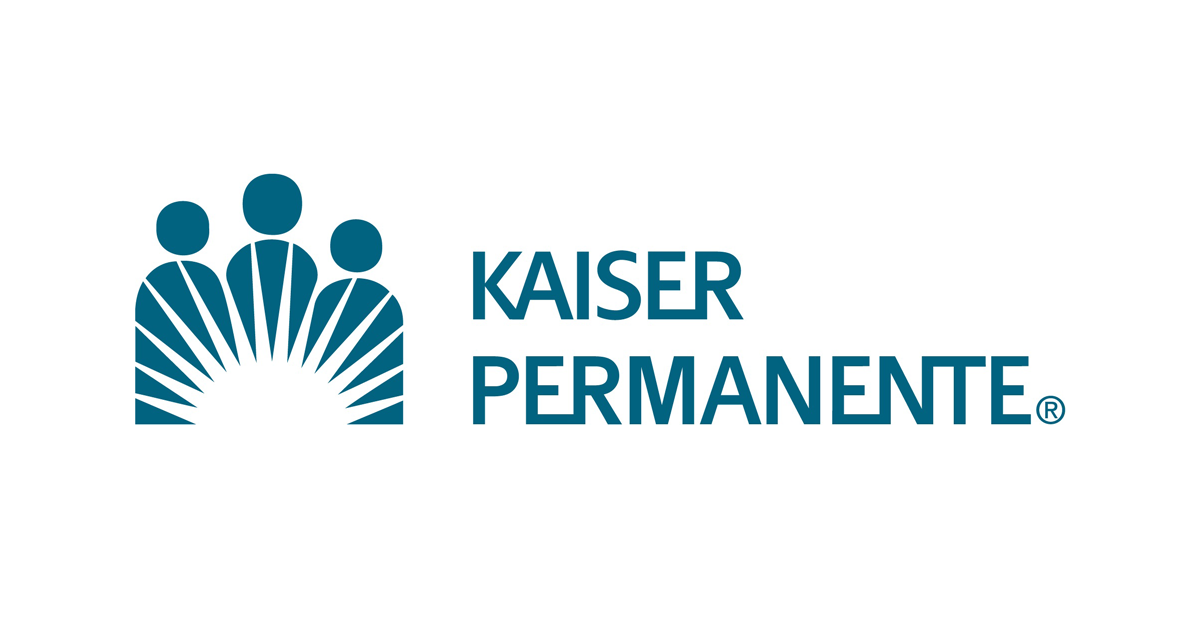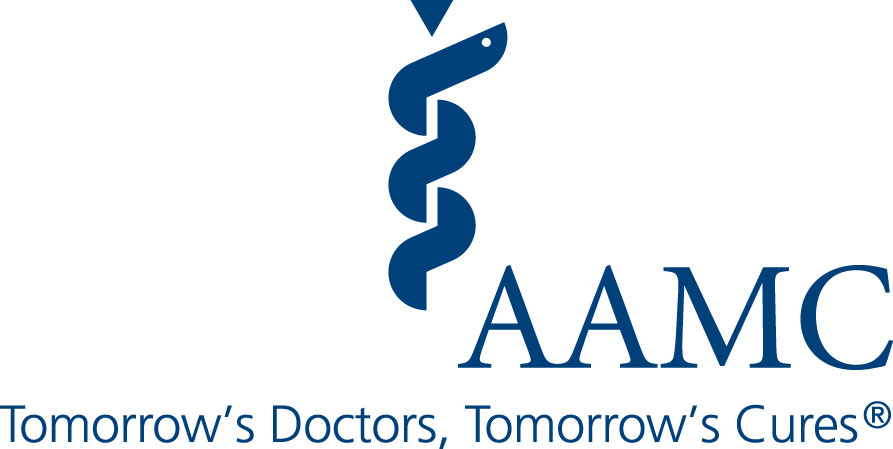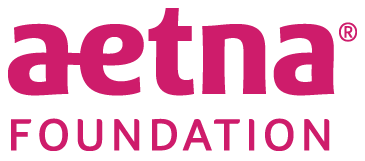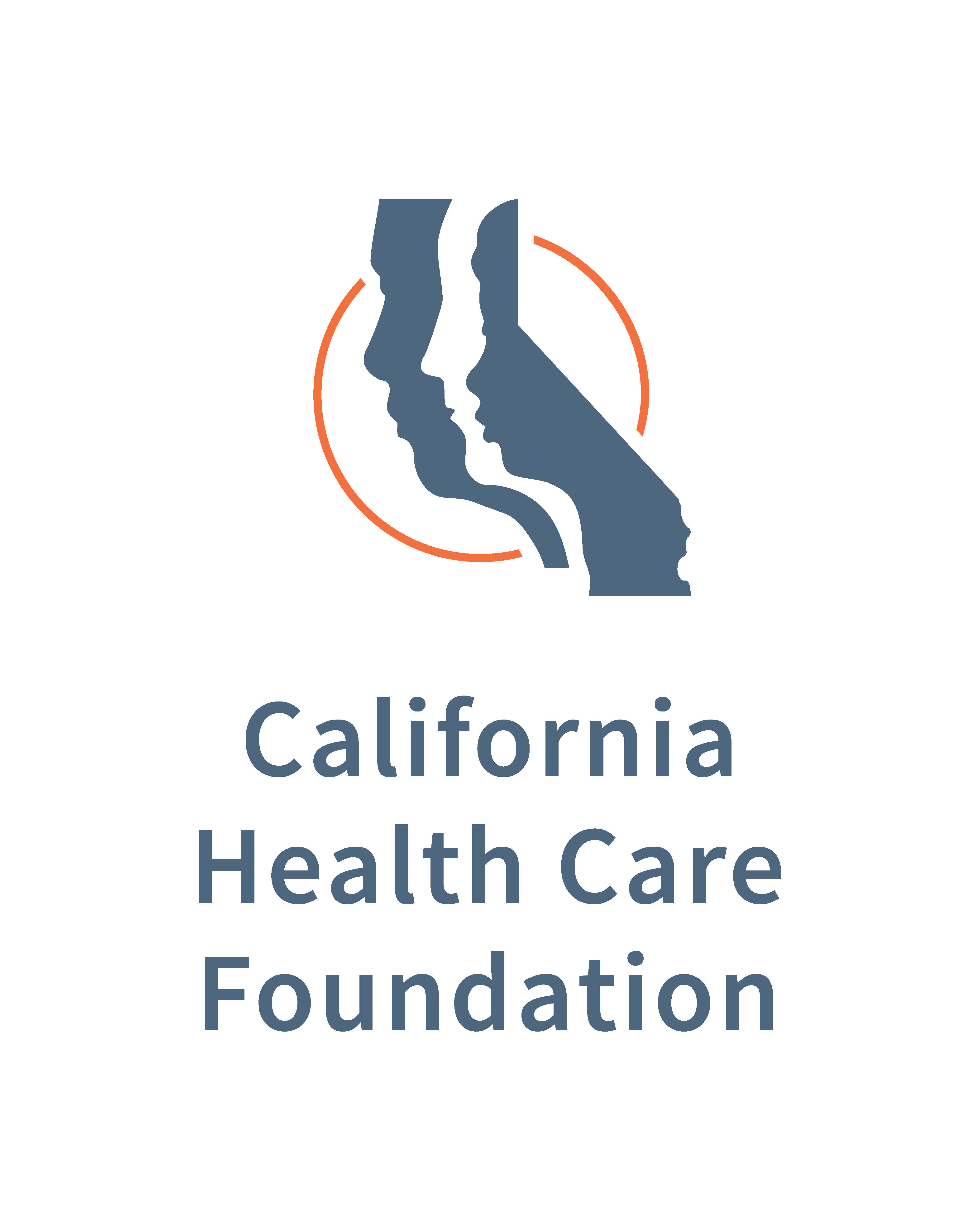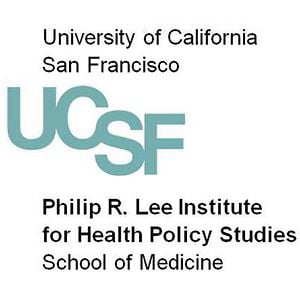2018 AcademyHealth National Health Policy Conference
February 5-6, 2018 | Marriott Marquis, Washington, D.C.
Over two full days, more than 685 attendees met to share the latest evidence and discuss the most critical issues and immediate policy priorities in United States health care. Presenters and attendees identified challenges, discussed solutions, and defined the research needed to inform and evaluate policies to improve health and the performance of the health care system.

Featured NHPC Blog:
Health Policy in 2018: Experts Tout State Innovation, Progress on Social Determinants, and Highlight Importance of Evidence in Policymaking. Read Blog >>
The 2018 Program Featured:
View This Year's Presentations
This year's NHPC included many diverse sessions presented by some of the best in the field. View the 2018 online agenda to download presentation slides. Slides were approved and posted on the online agenda on an individual basis. To download presentations, locate the specific session in the online agenda and search for the presenter information.
Presentations are still being added to the agenda.
Getting Social at the 2018 AcademyHealth NHPC
#NHPC18 attendees had a lot to say during the 2018 event. Check out the Twitter activity from this year's conference (February 5-6).
- Impressions: 8.40 Million
- Tweets: 2,580
- Participants: 683
Top #DIscience17 Tweeters:
About the AcademyHealth National Health Policy Conference
At the AcademyHealth National Health Policy Conference (NHPC), leading health care decision makers and policy experts use the latest evidence to inform the most critical issues and immediate policy priorities in United States health care. This two-day event is the only conference of its kind, putting policy insights and perspectives from diverse sectors of health and health care decision-making into context with the latest evidence and examples from science and practice.
As the country and its leaders consider the future shape and scope of health care coverage, this conference is the venue to identify challenges, discuss solutions, and define the research needed to inform and evaluate policies to improve health and the performance of the health care system.
2018 NHPC Supporters



